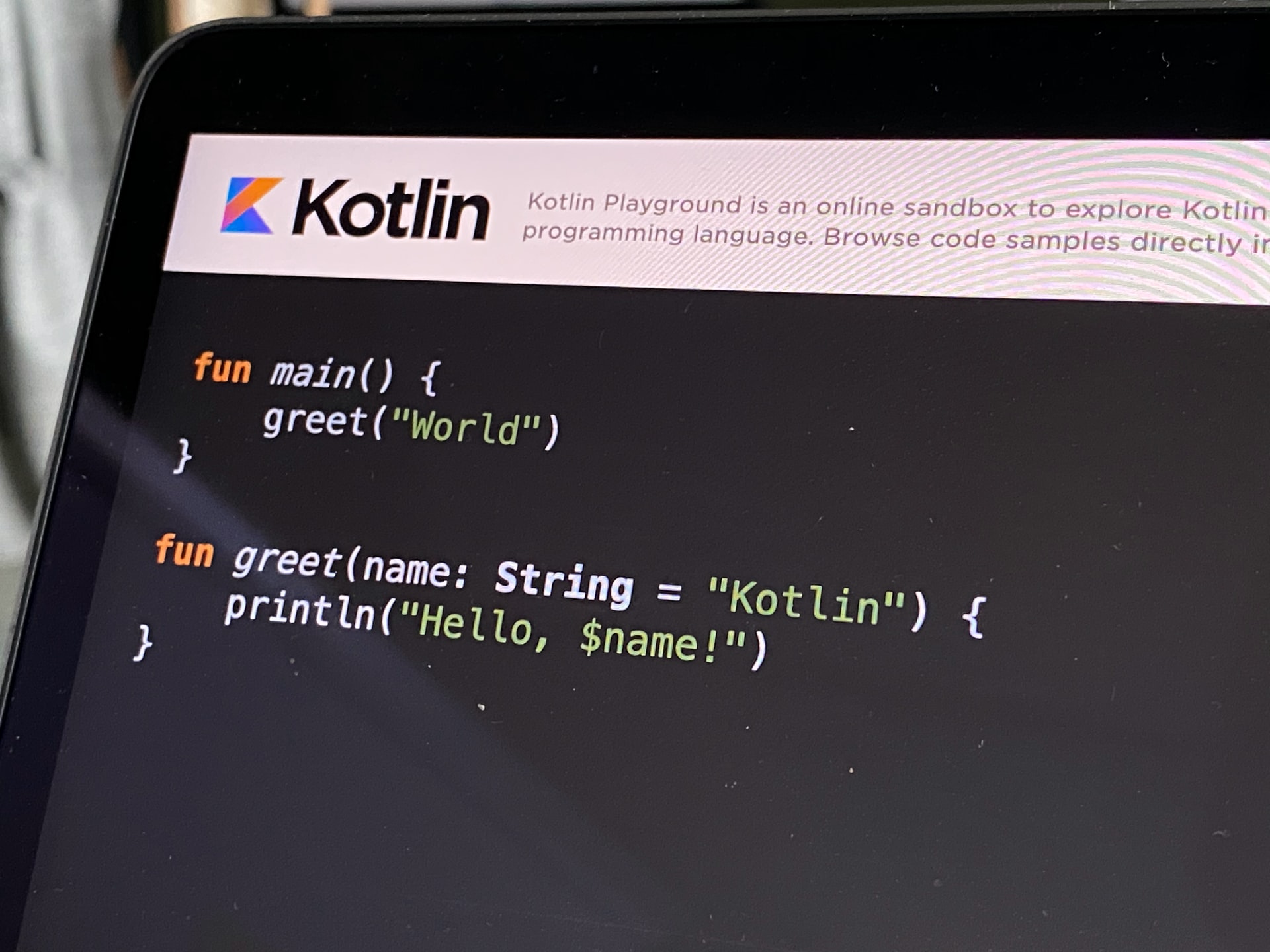Apps on our mobile devices play an important role in everyday life. Nowadays, there are apps for almost everything.
Organizations are increasingly focusing on mobile app development and enhancing their business strategies. Therefore, you can promote your business and significantly boost revenue and sales by creating your business app using the best Android development language.
Since there are several best programming languages for android development available, picking the perfect one can be a challenge. Nevertheless, to bring your extraordinary and unique app idea to life, all you need is an easy-to-learn, innovative, and scalable programming language.
In this article, we are focusing on some of the hottest languages for Android app development. So if you wish to learn more, stay on this page.
- Java
Most mobile app developers use Java for Android app development. The Java code runs on Android devices using a virtual machine that interprets it.
Due to its complexity, however, Java development is not the greatest language for beginners in android app development. It is a major challenge for developers who wish to develop Android apps.
Things might get even more complex if you add the Java SDK. In addition, you must understand concepts such as Gradle, the Android Manifest, and the markup language XML.
For those who want a complete Android app development experience, getting into Java for Android app development is the best place to begin. If you are worried about the complexity of the code, then you can work mainly with the designer and follow tutorials for anything more complex.
- Kotlin
Kotlin is another language officially recognized for Android app development. Like Java, it also runs on the Java Virtual Machine.
Additionally, it is completely interoperable with Java and does not cause any problems or file size increases. Kotlin is more streamlined, more readable, and requires less boilerplate code than Java.
Learning Kotlin app development is a great way to get started with Android app development.
For starters, Kotlin is undoubtedly an easier and more specific option, and that you can still use Android Studio is a huge plus.
- Python
Several tools in Python development enable the conversion of Python applications into packages for Android-compatible devices. Additionally, it is an object-oriented language and offers features like dynamic binding and typing that make it attractive for developing Android apps.
Python’s simplicity makes it easier for developers to read and interpret code, which reduces the development time. The language is also more cost-effective to maintain and develop applications. With Python, you can create simple or large commercial applications and provide the best functionality to the app development platform of your choice.
- C/C++
Both Google’s Android SDK and NDK allow you to create Android apps using native languages such as C and C++. It is imperative to note that you cannot develop an entire Android application using C or C++. You can instead build a native library with NDK whose functions are called from the Java code of your applications.
In any case, you shouldn’t use it just because you prefer to code in C/C++ over Java. You can utilize the NDK to make heavy tasks run faster. It can also be used to include C or C++ libraries in your applications.
- C#
By contrast, C# is entirely object-oriented and is a more leisure-focused version of C and C++. As a streamlined version of Java, it brings together the power of C++ with the convenience of Visual Basic. Thanks to the garbage collecting feature, you won’t have to worry about memory leaks with C#,
Since C# has a cleaner syntax than Java, it offers a more advanced level of development than Java. However, combining C# and Unity is the best way to get an elementary introduction to Android app development.
Final words
As each of these can be a great option to resolve specific tasks, it’s pretty hard to choose the best Android app development language. As Google officially supports Java and Kotlin, most Android developers use them.
Experienced developers, however, make use of broader toolkits. You might need specific technologies or frameworks to integrate particular features into your business app.
Android app development offers quite a few options. Programming languages differ in their features and functionalities, and many of them are connected and complement one another.



